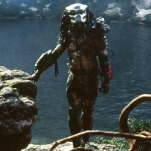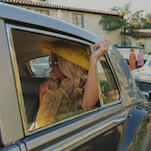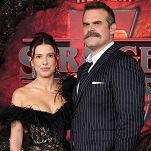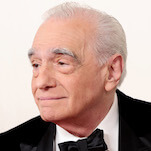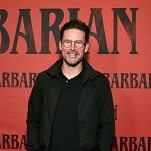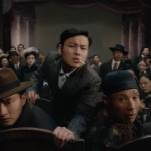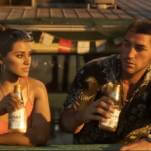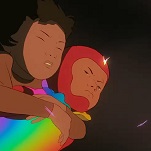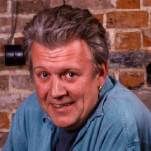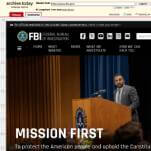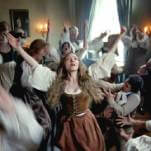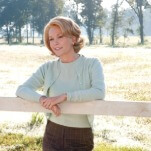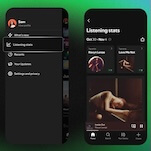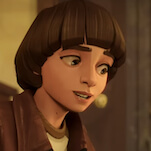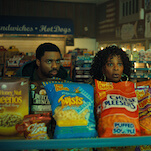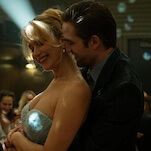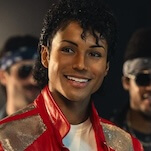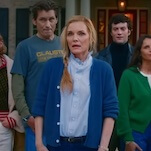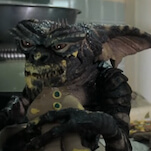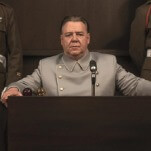Various Artists: Our Souls Have Grown Deep Like The Rivers: Black Poets Read Their Work

Audio books tend to be inherently dubious, but the instances in which the format transcends its most common application—bringing literature designed for the casual reader to those not inclined to pick up a book—can make up for the spools of Dean Koontz prose committed to tape. This new anthology of works written and read by black poets is one such instance. More than an audio supplement to The Norton Anthology of African-American Poetry, Our Souls Have Grown Deep Like The Rivers works beautifully on its own terms, thanks to the careful selection and arrangement of compilation producers Rebekah Presson Mosby and Ted Myers. Spanning from pre-Harlem Renaissance material to a track by poetry-slam veteran Carl Hancock Rux, Souls features a wide range of talent, material, and experience, some unearthed from the Library Of Congress and other sources, some recorded commercially, and some commissioned especially for the collection. Of the older material, it's a minor miracle that someone had the foresight to record it, especially given the general condescension directed toward black artists even at the height of the Harlem Renaissance and the golden age of jazz. In fact, many of the recordings of earlier poets are from late in life, a fact rarely illustrated in the recordings themselves: Melvin B. Tolson still sounds assured reading his "Dark Symphony" 25 years after its composition, while Sterling A. Brown's tribute to Ma Rainey, recorded in 1973, makes it sound as if the blues legend lived just down the street. The best readers—Nikki Giovanni, Al Young, Yusef Komunyakaa, E. Ethelbert Miller—alone justify the collection, but the later material, which not only translates well to the recorded format but often depends upon it, reveals its necessity. Alongside the obvious fusion of poetry and music (Gil Scott-Heron, The Last Poets) are works informed as much by musical influences as literary ones: a Langston Hughes performance featuring Charlie Mingus, Sonia Sanchez's blues-like work, and the later efforts of Amiri Baraka, which rely as much on complex rhythms and pure sound as mere words. Hip-hop has made the distinction even less clear. Only one track by Public Enemy represents hip-hop itself, but its influence remains powerful in the collection's most recent efforts, some of which (Tracie Morris' half-rapped "Project Princess," Saul Stacey Willams' DJing rhapsody "Ohm") don't make sense as anything but recordings. Closing as strong as it opens, Our Souls is remarkably consistent for a collection that spans a century.







